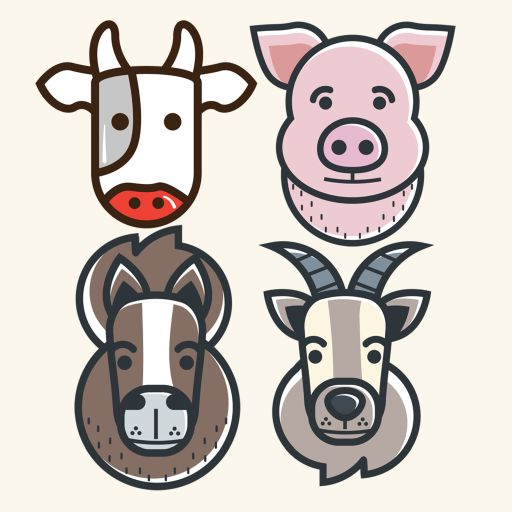Beekissed
Herd Master
Here is a link about making vinegar and it has many interesting facts but the most significant for the subject on this post is on page 34 where it lists the many beneficial bacteria located in natural(not heat processed) vinegar~too many to list here!
http://silvalab.fsnhp.msstate.edu//vinegar_lactic.pdf
***If you look closely you will find on that list at least one bacteria, in particular, that might interest those who are fearful of cocci in new chicks and other young animals and want to take steps to prevent it.****
Pediococcus acidilactici
Vinegar also has many vitamins and minerals that can provide valuable electrolytes and supplemental nutrition to growing birds, particularly those prone to dehydration like young chicks and the fast growing broiler breeds.
http://silvalab.fsnhp.msstate.edu//vinegar_lactic.pdf
***If you look closely you will find on that list at least one bacteria, in particular, that might interest those who are fearful of cocci in new chicks and other young animals and want to take steps to prevent it.****
Pediococcus acidilactici
There is a wealth of information on the net about the beneficial bacterias present in the cultures that produce vinegar and many of the common bacteria that can sicken and kill humans and animals can be prevented from proliferating if vinegar is used. Botulism is one of these organisms, which is why vinegar has been used for many years in home preservation of foods.Pediococcus acidilactici can function as immune modulators. Animals fed with P. acidilactici have shown enhanced immune responses against infectious coccidioidal diseases.
Pediococcus acidilactici is also known to prevent colonization of the small intestine by pathogens like Shigella, Salmonella, Clostridium difficile and Escherichia coli among small animals.
Pediococcus acidilactici has not been stated in any literature to have toxic effects. Another potential benefit of using them as Probiotics is their use as alternative medicines against infectious parasitic pathogens like Eimeria* in broiler-chicken [6].
*Eimeria, genus of parasitic protozoans of the spore-producing phylum Apicomplexa (previously Sporozoa). Eimeria, which causes coccidiosis in livestock and wild animals, infects mainly the cells of the digestive tract, although it also attacks cells of the liver and the bile duct. Symptoms of infection are diarrhea, weight loss, and general weakness. Eimeria is characterized by spore cases that contain four spores, each with two infective sporozoites. Among the common pathogenic species are E. necatrix and E. tenella (in poultry); E. stiedae (in rabbits); and E. bovis, E. ellipsoidalis, and E. zuernii (in cattle).
Vinegar also has many vitamins and minerals that can provide valuable electrolytes and supplemental nutrition to growing birds, particularly those prone to dehydration like young chicks and the fast growing broiler breeds.
Vitamins: A, C, E, P and the B1, 2 and 6 complexes.
Minerals: as iron, manganese, calcium, copper, silicon, chlorine, sulphur, sodium, phosphorus and fluorine
amino acids and enzymes

